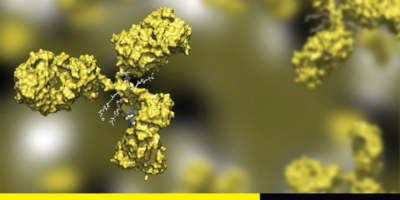Victor Ugaz’s Biography
Victor Ugaz, Professor & Holder of the Charles D. Holland ’53 Professorship, Artie McFerrin Department of Chemical Engineering, Texas A&M University

Upon completion of his doctoral degree in Chemical Engineering at Northwestern University (Chicago, IL, USA), Dr. Ugaz spent three years as a postdoctoral research fellow under the supervision of Prof. Mark Burns in the department of chemical engineering at the University of Michigan (Ann Arbor, MI, USA), a pioneer in the development of integrated microfluidic DNA analysis systems. Dr. Ugaz joined the faculty in the Department of Chemical Engineering at Texas A&M University (College Station, TX, USA) in January 2003 and currently holds the rank of Professor. His research interests include transport and flow in microfluidic systems, convectively driven biochemical reactions for DNA replication, microsystems for DNA analysis, and materials and processes for construction of microfluidic environments. He has published scientific articles in journals including Proceedings of the National Academies of Sciences of the USA, Advanced Materials, Angewandte Chemie, Nano Letters, Nature Communications, Science, Physical Review Letters, Lab on a Chip, Analytical Chemistry, and Electrophoresis. His research has been funded by a variety of sources including the US National Science Foundation, US National Institutes of Health, US Department of Energy, and US Department of Defense.
Lab-on-a-Drone: Portable Robust Platforms for Mobile Point-of-Care Bioanalysis
We describe recent innovations aimed at overcoming many of the roadblocks that have traditionally hindered deployment of advanced biochemical diagnostic technologies in field/resource-limited settings. Nucleic acid-based approaches like the polymerase chain reaction (PCR) are generally considered to be diagnostic gold standards in terms of both sensitivity and specificity. But PCR is largely ruled out as a viable candidate for portable deployment, particularly in resource-limited settings, due to an unfavorable combination of excessive electrical power requirements associated with repeated heating and cooling of reagents during thermocycling, and complexities related to inexpensively implementing fluorescence-based detection of the reaction products. We show how a unique convergence of scientific and technological breakthroughs from multiple disciplines have now made it possible to overcome these limitations, laying the foundation for a new generation of simple ruggedized POC diagnostic platforms.





